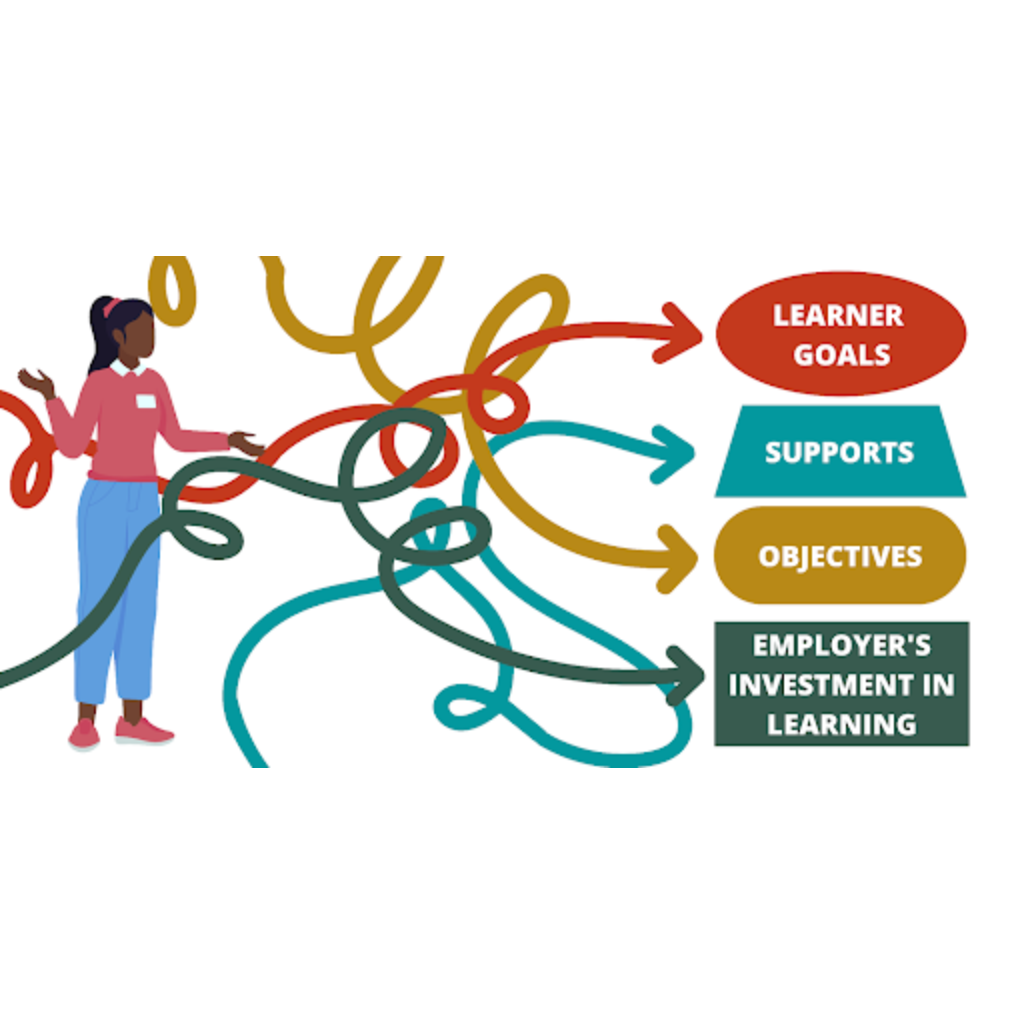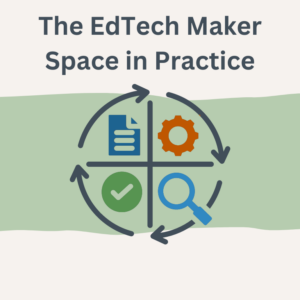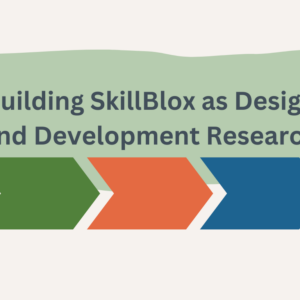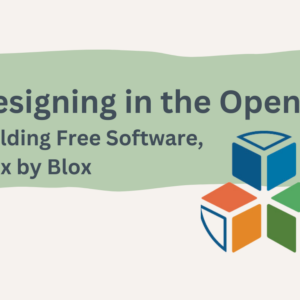
By the 21CLEO research team
Over the course of our research project, we were able to interview 27 working learners employed in front-line service work in the US. Our plans to expand this data set and conduct in-person follow-up interviews was disrupted by the COVID-19 pandemic. In order to have some sense of what our participants’ education, work, and lived experiences were like in the year after our interviews, we sent a follow-up questionnaire to all 27 in the summer of 2021 and received responses from 13 individuals. It was important for us to reconnect with these learners after more than a year of societal change due to racial reckoning and multiple shifts in shutdowns, changing labor markets, and upheaval.
The purpose of this questionnaire was to examine changes in their engagement in learning activities over the course of the last two years and the role that learning might have played in their career transitions and participation in current and future employer-sponsored education and training initiatives. We also used the data to help us invite participation in follow-up video interviews and extend an invitation to three convenings where we asked participants for input on our early findings. In this blog post, we report on what we learned from the questionnaire, and how things changed or didn’t change for the working learners over the course of two years.
Demographics
Our sample of 13 learners included a nearly even split between males and females. Four of the participants could be considered younger (18-34), and nine learners could be considered middle-aged or older (35-65). None of the people who responded were older than 65. Eleven of the 13 participants identified as a person of color.
Industry Sectors
Survey respondents shared their work history and self-identified as having worked in the following industries: retail, food service, hospitality, healthcare and/or nursing, transportation, pharmacy, and electronics recycling. One person self-identified as not currently employed.
Current Work Designation
Job transitions had been a part of some of the working learners’ lives since the time they were interviewed. Of the 13 participants, four had changed employers, and five said they were recently employed but as of the time they completed the survey, they were not currently working.
Of those who were not currently working, three had been unemployed for a long time, one was not working but had a job recently, and one reported transitioning to part-time work in order to attend college. The remaining four participants were still working for the same employer.
Work advancement or promotion happened for fewer than half of the participants. Of the 13 participants who responded, five had moved up or had gotten a promotion in their job or gotten a better job in the past year. Eight participants had not advanced.
Of the five who noted that they did advance at work, one learner reported getting a credential. This certificate/degree helped them advance. Two other learners reported that the advance happened because their English improved. A different set of two learners reported that learning a new skill helped them to advance.
Learning Participation
A little less than half of the participants (6 of 13) reported that they were involved in additional learning. Of those who were involved in learning opportunities, 5 were fully online and one was engaged in face-to-face and online learning.
What Do These Data Lead Us to Wonder About?
Given that the majority of the survey respondents identified as people of color, we have begun to ponder the role systemic racism plays in the job opportunities made available to them. Admittedly, the labor picture at the height of the pandemic was dire and many front-line workers were either putting themselves at risk for illness and working many hours, or they had been let go from industries that had essentially shut down (such as hospitality and food service). We wonder why so few of the survey respondents continued to engage in learning. Were fewer relevant opportunities being made available or were they less engaged because they no longer saw additional learning as a way forward? Of those we subsequently interviewed, we learned that in one case, a variety of forces led to unemployment and caused burnout. For those who did continue learning, it was because they received support from supervisors and could see how their learning was meaningful in their work and everyday lives.




